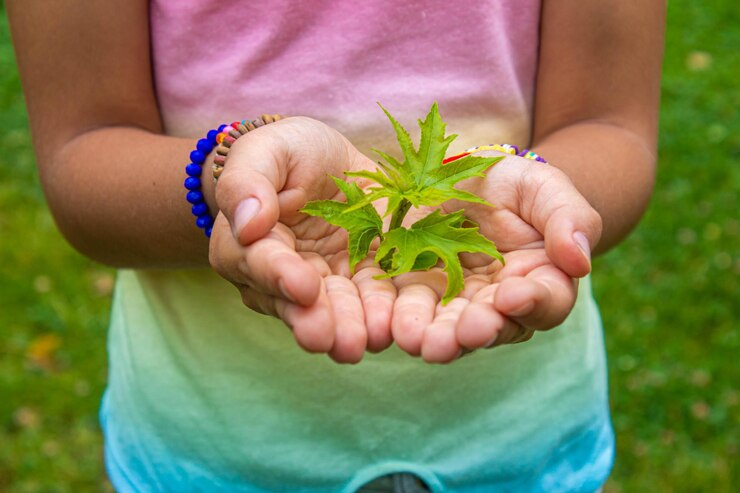Cannabidiol (CBD), a compound derived from the cannabis plant, has surged in popularity in recent years, with claims of diverse therapeutic benefits spanning from anxiety relief to pain management. As the market explodes, questions naturally arise about its potential application for children.
However, the landscape surrounding CBD use in children remains complex, shrouded in a lack of conclusive research and potential risks. This blog delves into the current understanding of CBD for kids, highlighting the aspects that warrant further exploration and cautious consideration.
The Limited Scope of Current Research
One of the primary challenges in evaluating CBD for children is the limited scope of existing research. While studies are ongoing, the majority focus on specific conditions like epilepsy, and often involve small sample sizes. This makes it difficult to establish definitive conclusions about the efficacy and safety of CBD for a broader range of childhood conditions.
The Case of Epidiolex
The only FDA-approved CBD product for children is Epidiolex, a prescription medication specifically designed to treat seizures associated with certain rare forms of epilepsy. Extensive clinical trials have demonstrated its effectiveness in reducing seizure frequency, offering a crucial treatment option for children with these specific conditions.
However, it’s crucial to remember that Epidiolex is a highly regulated and controlled medication, and its success cannot be automatically extrapolated to other applications of CBD.
Potential Benefits and Unanswered Questions
While research on CBD in children is ongoing, some preliminary studies suggest potential benefits for specific conditions, such as:
- Anxiety: A 2019 study observed a reduction in anxiety symptoms in children with social anxiety disorder who received CBD compared to a placebo. However, the study was small and requires further investigation.
- Autism Spectrum Disorder (ASD): A 2018 study on children with ASD showed improvements in anxiety and challenging behaviors after taking CBD. However, the study design raises questions about its generalizability, and more robust research is needed.
It’s important to understand that these are just a few isolated examples, and the overall body of research remains insufficient to conclusively support the use of CBD for most childhood conditions. Additionally, these studies haven’t fully addressed crucial questions such as:
- Long-term effects: The long-term effects of CBD on a developing child’s brain and body are largely unknown, requiring further research to ensure safety.
- Dosage and individual variations: Determining appropriate dosages for children of different ages and with varying conditions is crucial. However, the lack of standardized products and research makes individualizing treatment challenging.
- Potential drug interactions: CBD can interact with certain medications, potentially impacting their effectiveness or causing adverse reactions. This necessitates careful monitoring by healthcare professionals if a child is already on other medications.
Navigating the Legal Landscape
The legal landscape surrounding CBD products further complicates its use for children. While hemp-derived CBD with less than 0.3% THC is federally legal in the United States, individual state laws regarding its production, sale, and use can vary significantly. This adds another layer of complexity for parents considering CBD for their children.
The Importance of Consulting a Healthcare Professional
Given the limited research, potential risks, and legal complexities, it’s of paramount importance for parents to consult with a healthcare professional before considering CBD for their children. This allows for a personalized assessment of the potential benefits and risks in the context of the child’s specific condition, medical history, and current medications.
Conclusion:
The realm of CBD for children is a rapidly evolving field with promising preliminary findings but also significant uncertainties. While there’s hope for potential therapeutic applications, the lack of robust research and potential safety concerns necessitate a cautious approach.
Consulting a healthcare professional is crucial before considering CBD for your child, ensuring an informed and personalized decision based on your child’s specific needs and well-being. Remember, prioritizing your child’s safety and seeking guidance from a qualified healthcare professional is paramount in navigating this complex and evolving landscape.

